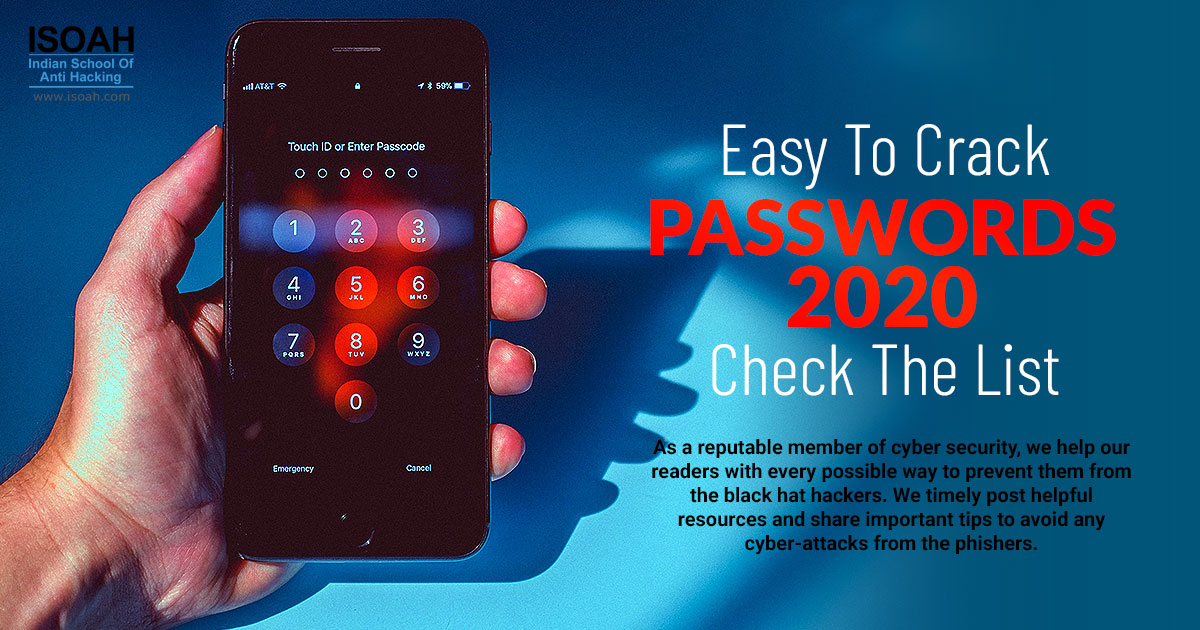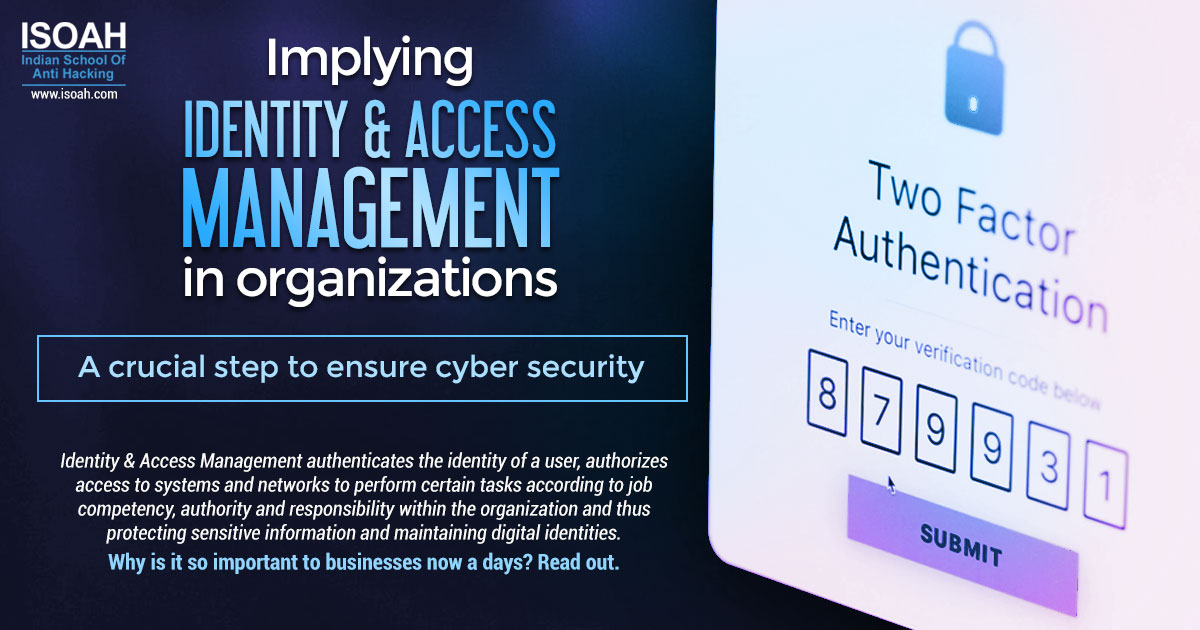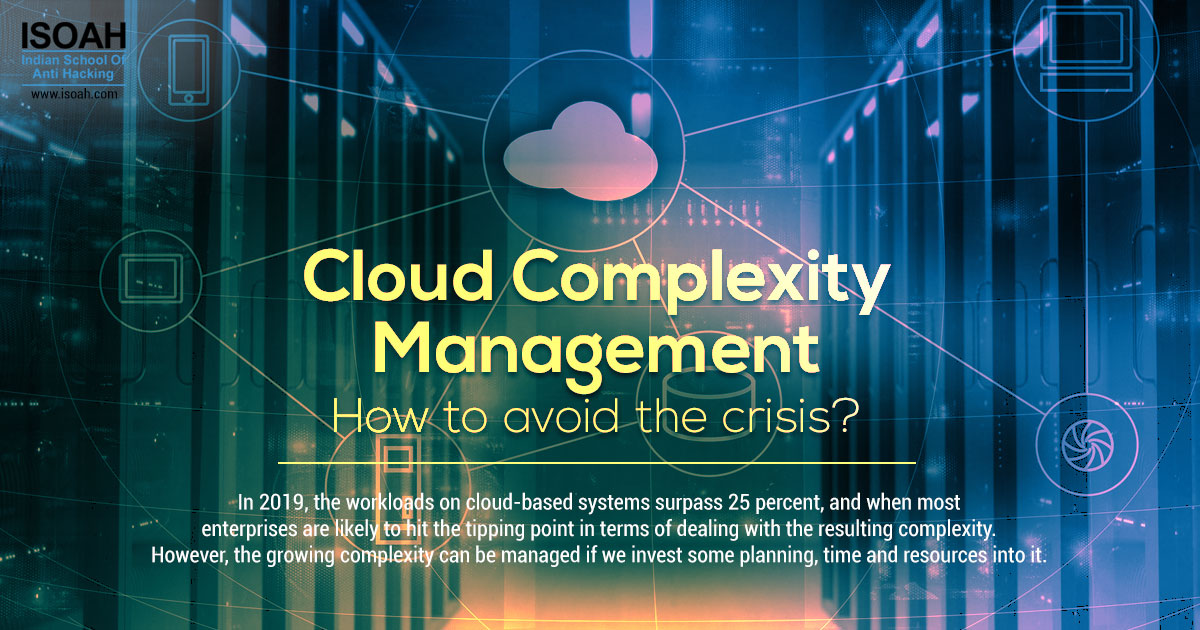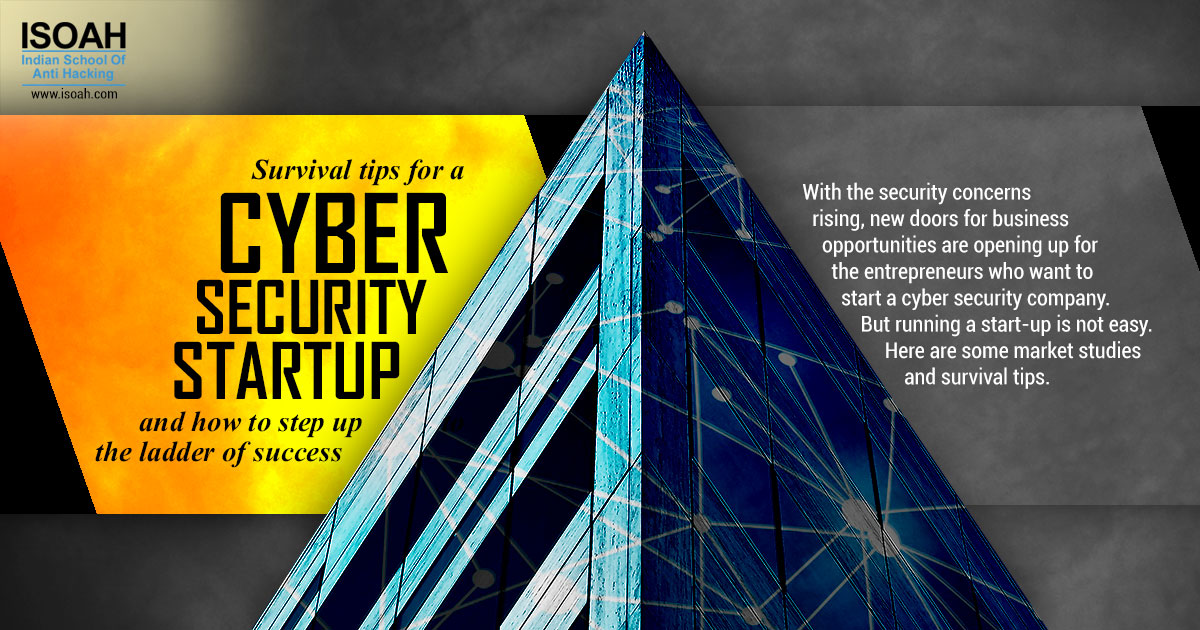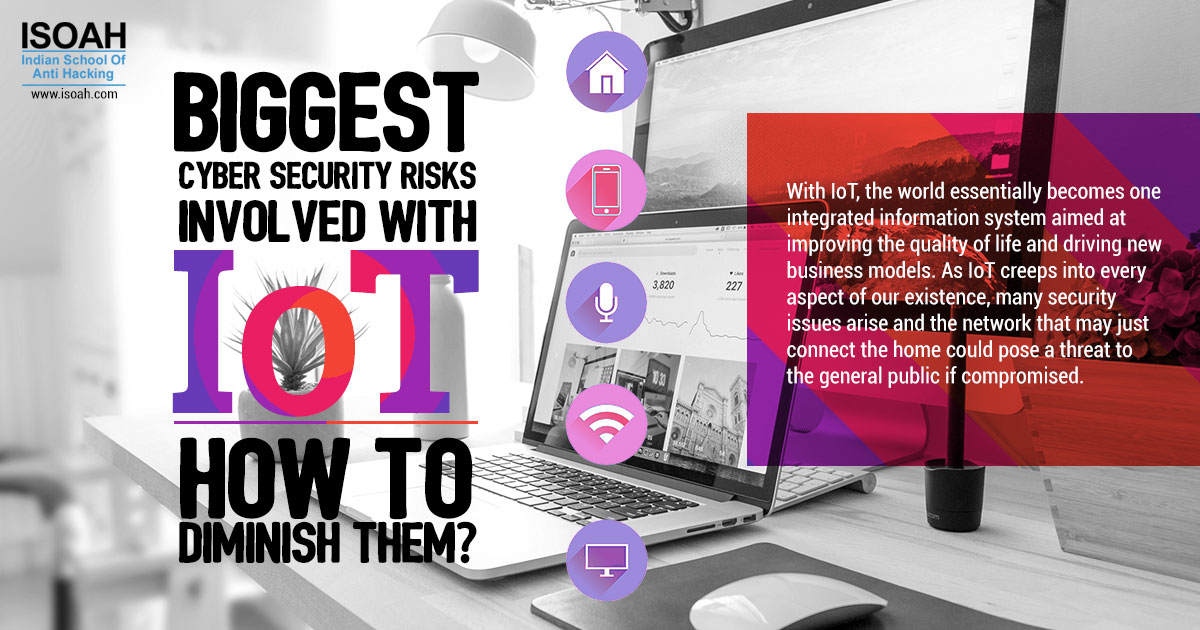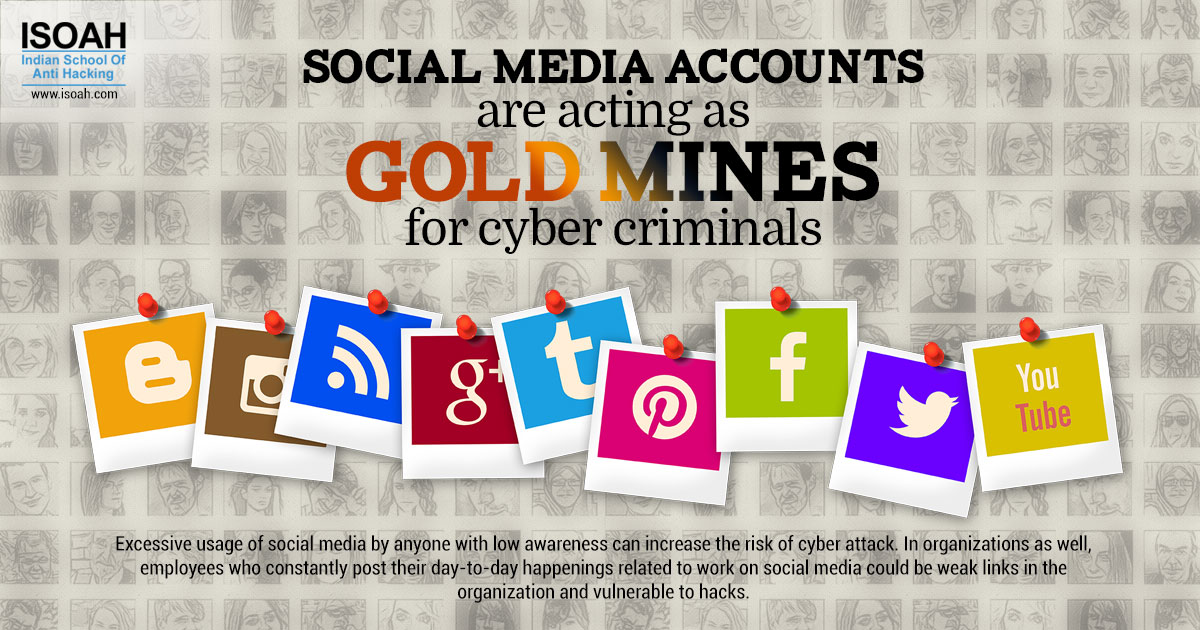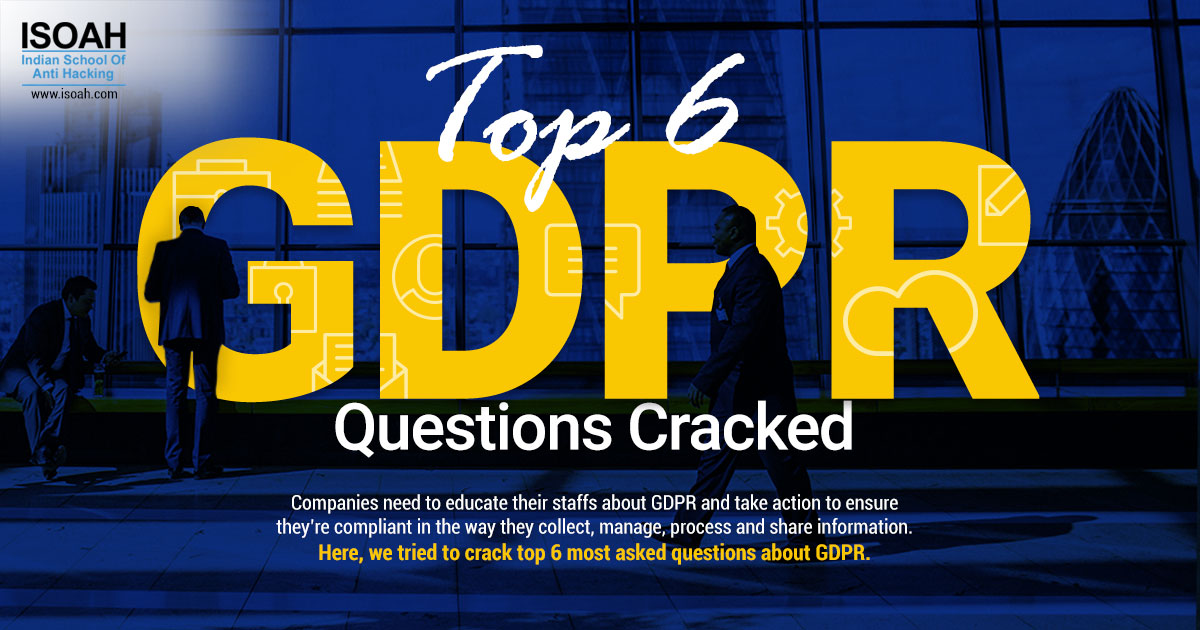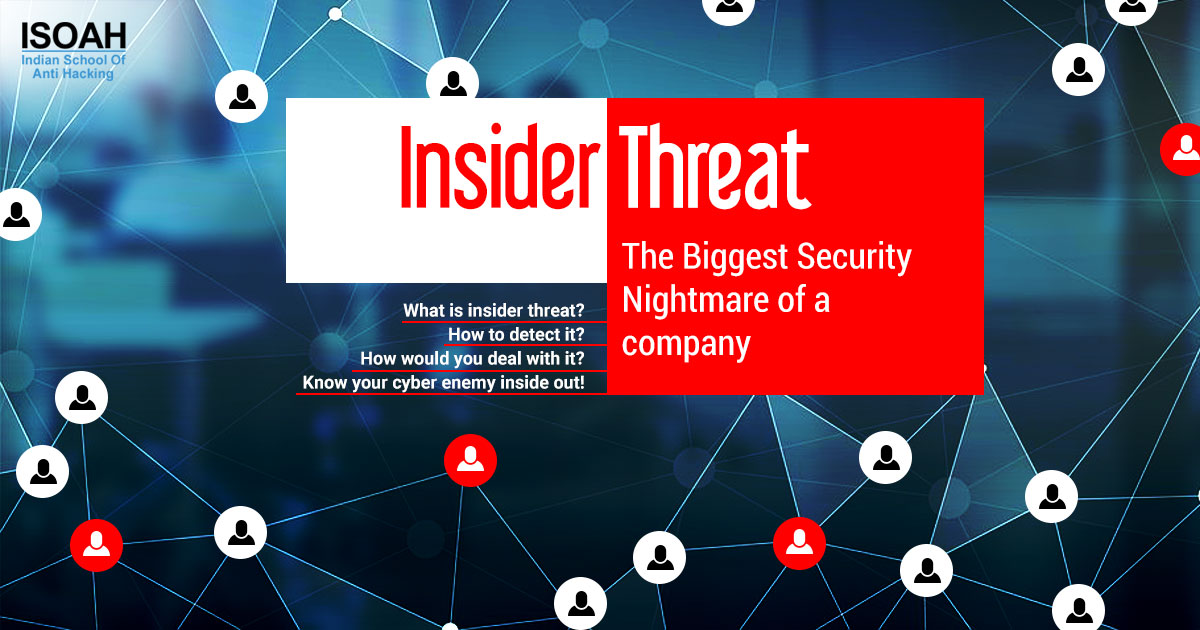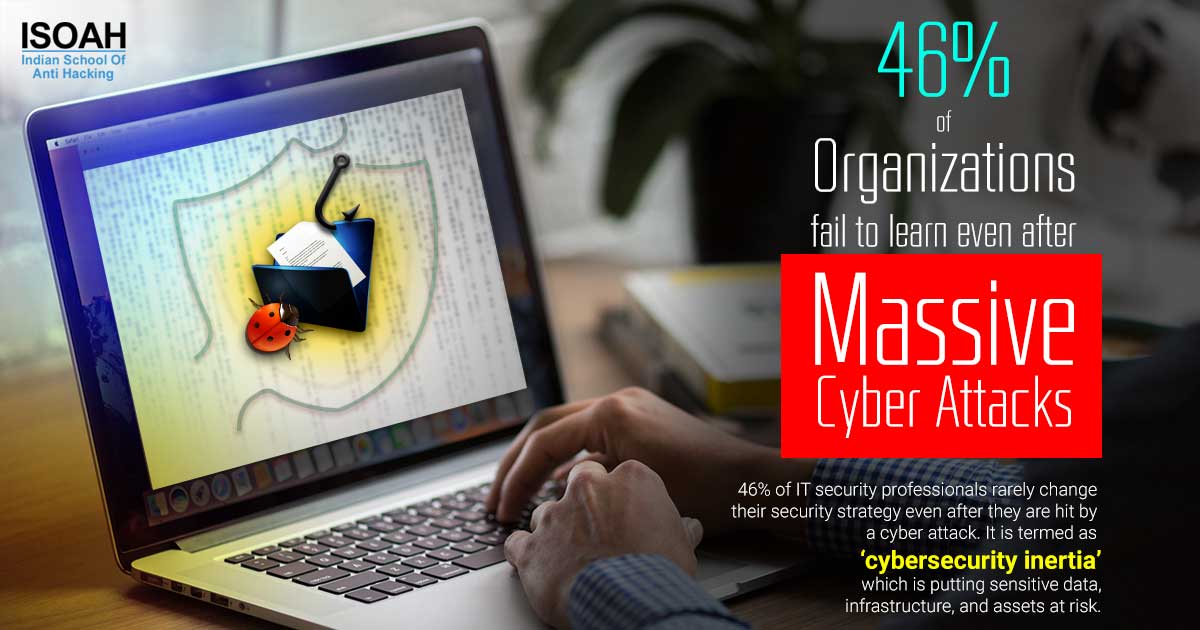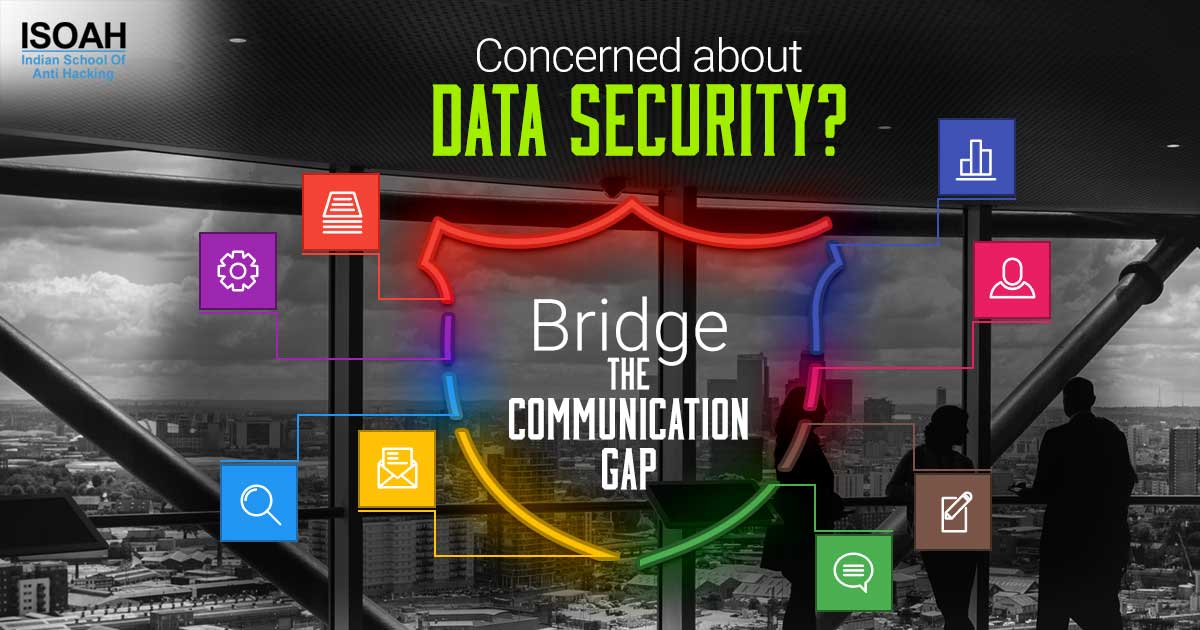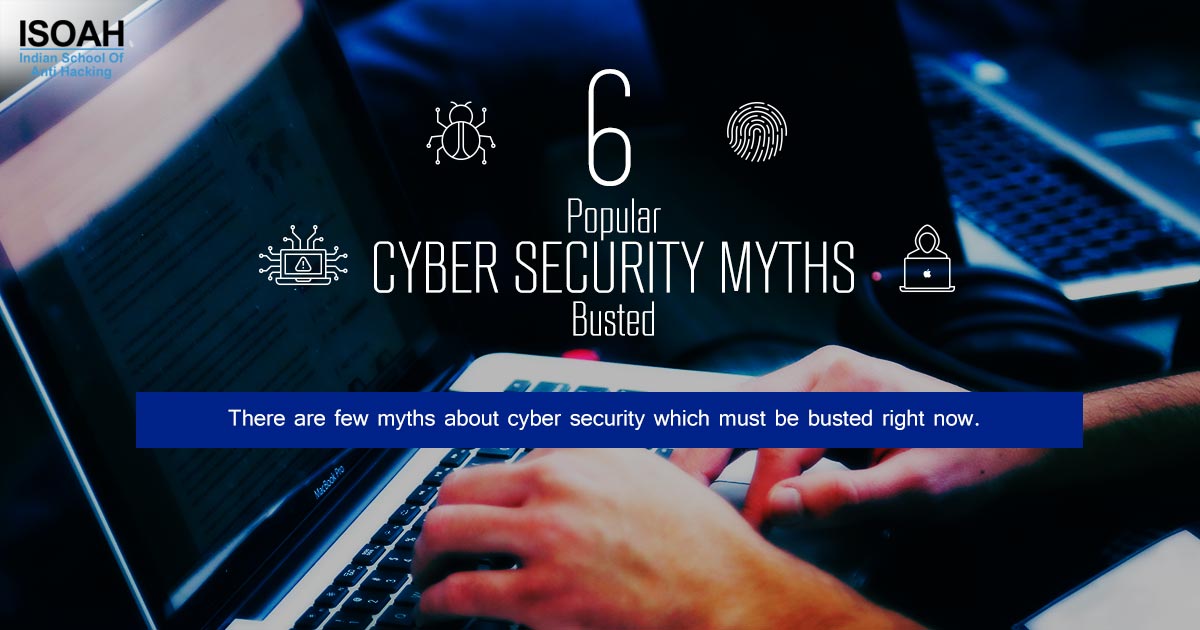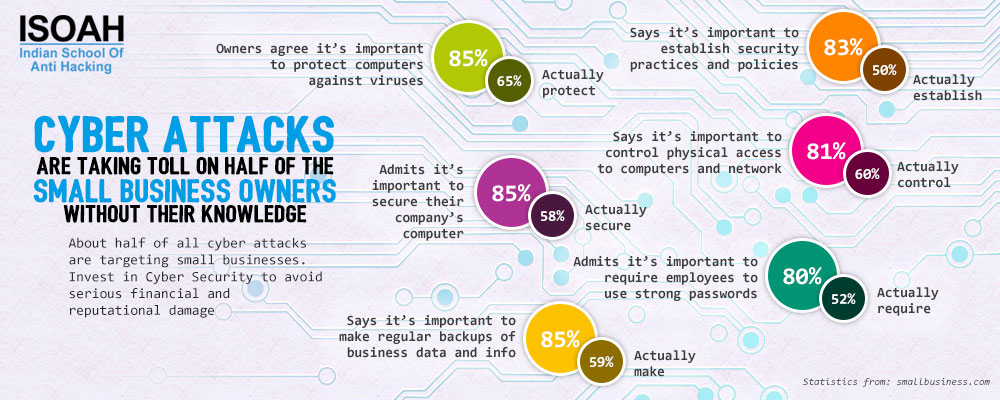Common cyber security challenges companies face
Article: cyber security
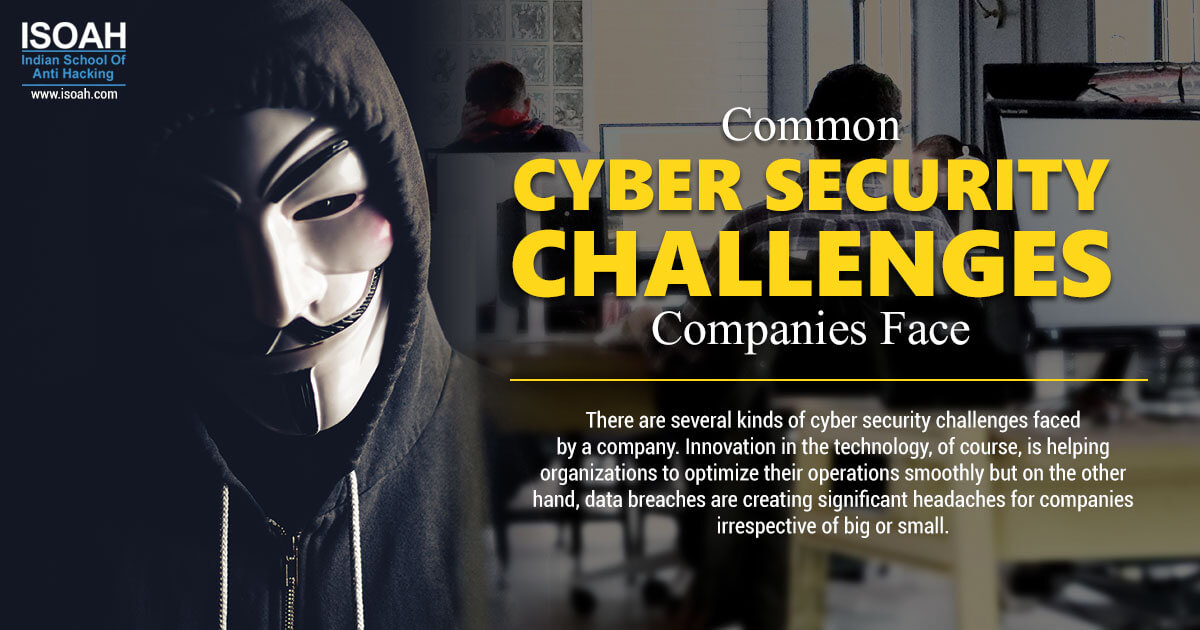
Technical innovation in cyber space is making our life easier. True.
With that, cyber threats are increasing rapidly and causing major concern for the companies. Fact.
There are several kinds of cyber security challenges faced by a company. Innovation in the technology, of course, is helping organizations to optimize their operations smoothly but on the other hand, data breaches are creating significant headaches for companies irrespective of big or small. In fact, small companies are more prone to cyber attacks as they are often ignorant about data security aspects and they don't have the budget for proper security infrastructure.
And industry experts are predicting that the challenges in cyber security will only increase in the next few years. As Data breaches, ransomware attacks, identity thefts are making headlines every day, it is becoming the primary concern for companies to safeguard their important data. Cyber security challenges are evolving on a daily basis and that is actually keeping the cyber security experts constantly on their toes. The amount of financial and reputational damage a data breach can cause is huge and can affect small as well as large companies.
Regular assessment of potential vulnerabilities and patching them should always be in check. But organizations often face bizarre cyber security issues due to lack of awareness and proper technical support.
1. Cyber Espionage in cloud:
Cyber Espionage has become one of the most intriguing problems in the world. Businesses now mostly rely on virtual storage and a study recently found that private cloud adoption increased to 77% among organizations. Cyber espionage also has a steep economic cost as well. In the United States alone the value of the information that is compromised due to international hacking is somewhere between 25 billion and 100 billion dollars annually. An attacker can come from inside or outside and attack public, private or hybrid cloud technologies to get hold of trade secrets, customer data or other confidential information which can put the company in deep trouble.
So, it is important for business houses to understand and implement cloud technology best practices and regulations surrounding sensitive data. Setting up the cloud and monitoring it involves a lot of complication. That's why cloud complexity management is the next big thing. Setting up the cloud is not the only thing; companies should care about managing the cloud complexities too which is very difficult without proper expertise and resources in the area.
2. Unknown IT Assets on the network:
The scope of the attack surface expands as the number of valuable data increases. Businesses that don't have a complete inventory of all the IT assents present in their network are in a deep trouble. It is impossible to detect potential vulnerability if there is no account of what's there in the network. The scope of attack increases as the number of devices where confidential data are stored increase. Too much reliability on IoT devices also creating unprecedented attack surface, security professionals are dealing with lately. Business owners must conduct a review of all the devices on the network regularly and identify all of the various platforms they run. It will help them to know what the different access points are and which ones are most in need of security update. There must be a comprehensive security plan with the broad attack surface in mind.
3. Insider Attack:
Insider Attack can go undetected for years. In 2016 Cyber Security Intelligence Index, IBM found that 60% attacks in an organization are carried out by the insiders. As the threats come from trusted users and systems, they are very difficult to detect and more remediation cost to bear. There may be several reasons for an internal attack but the repercussions it can cause will be damaging for a company. It can be an honest mistake like accidentally sending wrong information to a wrong email address, losing important work device or intentionally leaking sensitive information, misuse of account privileges or identity theft or being a victim of social engineering attack due to lack of awareness. People inside a business can actually prove to be the biggest security loopholes. To minimize the risks, user access can be limited or there are certain security policies that can be implemented. Read here How to fight with Insider Attack.
4. Hacktivism:
Hacktivism is the act of misusing a computer system or network for a socially or politically motivated reason. The rise of hacktivism in the past few years along with a heightened sense of political awareness across society is leading cyber criminals to get involved in agenda-driven attacks. Here the cyber criminals are not profit oriented or doing something for mere financial gain but the attacks are aimed at strategically fulfilling a purpose like making a statement or damaging the reputation. So, these attacks can be more damaging than the traditional attacks as their efforts can publicly damage an organization's reputation. These attacks can be launched to take down a website by flooding it with fake traffic or exposing sensitive files or records belonging to a target publicly over the internet.
5. Lack of IT Security Management:
Companies often face big cyber security issues due to lack of capable people to manage the cyber security solutions. Critical cyber security alerts may get missed, unpatched security vulnerabilities may remain in the system for a long time, proper security measure may not be implemented in time – all these may happen due to lack of proper IT security management. Hiring the right cyber security experts to mitigate the problems is also a very important role in the management. Companies should hire experts to sort the problems out after doing thorough research. It would help to choose the right cyber security expert with hands-on, real-world experience and that would also prepare them to know the right questions and the right follow-up questions to ask specifically for the company. Learning from the mistake is also very important for companies to remain cautious for the future attacks. 46% of organizations fail to learn even after massive cyber attacks.
